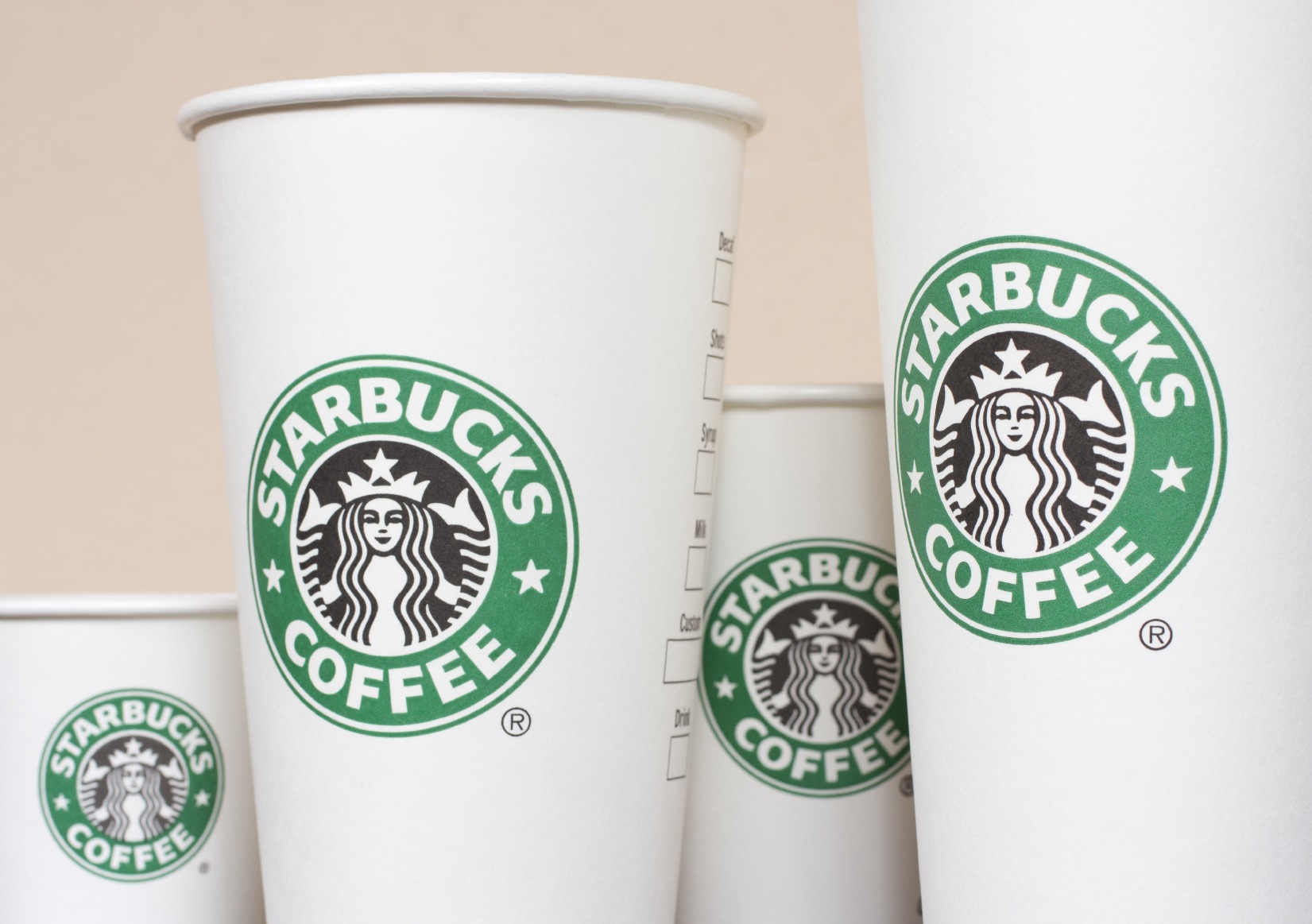The U.K. just had a spike in reusable coffee cup sales.
The probable reason? Talk of a (Pigovian) tax on disposable cups.
The Latte Levy
Because of an environmental committee report, the Parliament might recommend a disposable cup tax of 25 pence–a whopping 10% of the typical purchase. The problem is the polyethylene in the cups. Tough to remove, the plastic lining makes it impossible to recycle the cups properly. When thrown in with other recyclables, it contaminates them.
The parliamentary report says that out of the 500,000 coffee cups that become litter each day, only 400 are recycled in special plants. That added up to 2.5 billion cups a year in 2011, a total that surely is higher now. And Starbucks tells us that even with a 50 pence discount, only 1-2% of their coffee sales in the U.K. wind up in reusable cups.
Parliament obviously has the law of demand in mind. When price goes up, the quantity demanded goes down. Imagine the impact on one woman who says she buys eight cups a day. Unhappily, she said she would switch to a portable cup. If passed, the initiative also mandates improved labeling and publicity, using tax revenue to fund reprocessing plants and local recycling bins, and banning cups in 2023 if none of this works out.
May I add that I can see that the coffee cups are a recycling problem. However, the committee’s numbers might not be as precise as they sound.
Our Bottom Line: Pigovian Taxes
First described by British economist Arthur Pigou, a tax levied on a good or service that creates a negative externality has a dual benefit. It diminishes how much we use the item that harms us while raising revenue that a community can use productively.
It also taps into what behavioral economists call our loss aversion. That just means that we suffer more from a loss than we enjoy an equivalent gain. In others words, policy makers will have a greater impact from a tax on the cup than a discount for using something reusable.
So, when you buy your collapsable reusable cup, you know the reason was loss aversion created by the “Pigovian” tax.
My sources and more: In a series of articles, here, here and here,The Guardian had the latte levy detail. Meanwhile, Quartz also had the story and the NY Times linked to the House of Commons Environmental Audit Committee Report
Parts of the Pigovian tax paragraph were previously published in an econlife post.






